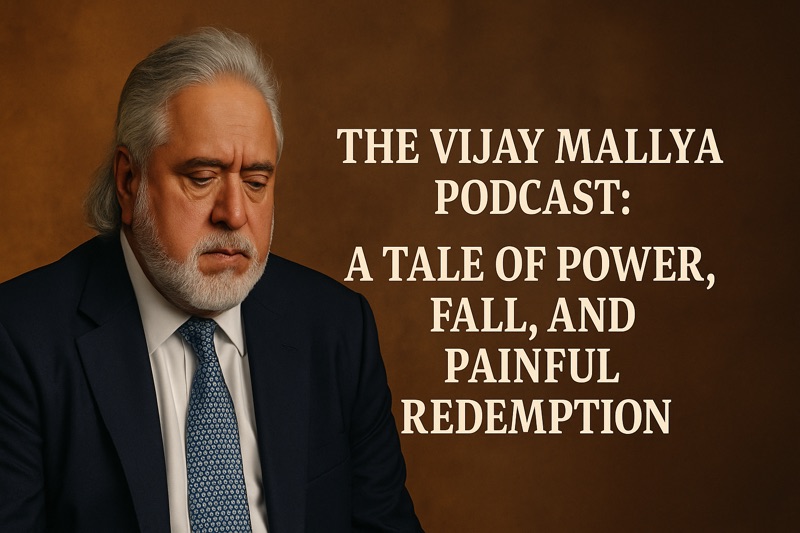Some say the world will end in fire, and others say in ice. These words from Robert Frost’s poem, famously featured in Game of Thrones, are much more than just poetic imagery; they carry deep layers of meaning about human nature, emotions, and the destructive forces that shape our world.
“From what I’ve tasted of desire, I hold with those who favor fire.” Desire, as the poem suggests, is an intense, consuming force. It can ignite passion, ambition, and creativity, but it can also burn through everything in its path. The fire symbolizes the fiery passions within us—the drive that pushes us to achieve greatness, but also the destructive force that can ruin everything we hold dear if unchecked.
Yet, the poem doesn’t stop at fire. It goes further, acknowledging the quieter, more insidious force of hate, represented by ice. “But if it had to perish twice, I think I know enough of hate to say that for destruction, ice is also great and would suffice.” Hate is colder, more calculated, and just as capable of destruction as the heat of desire. It may not be as obvious as fire, but its coldness and bitterness can slowly consume everything, like an ice age sweeping across the land. Hate, like ice, can erode the foundation of relationships, peace, and even societies over time, leaving nothing but emptiness and loss.
What I find so thrilling about this poem, especially in the context of Game of Thrones, is how it captures the two powerful emotions that have shaped human history—desire and hate—and the ways in which they both bring about destruction. In the world of Westeros, as in our own, we see how characters’ desires for power and revenge ignite fires, while their hates chill and destroy the very fabric of society.
When we think about this poem in our own lives, it serves as a reminder that both extremes—passion and hatred—are forces to be reckoned with. Whether it’s the heat of our desires or the coldness of our hatred, both can lead to the downfall of not just the world around us, but ourselves. And in the end, maybe the real challenge is finding a balance—one that doesn’t let fire consume us or ice freeze us, but instead allows us to live with compassion, understanding, and purpose.
This poem resonates so deeply because it’s a reflection of the human condition—our tendency to seek more, to desire, to feel, and sometimes, to hate. And in doing so, we often forget the cost of these emotions on both the world and ourselves.



No comments:
Post a Comment